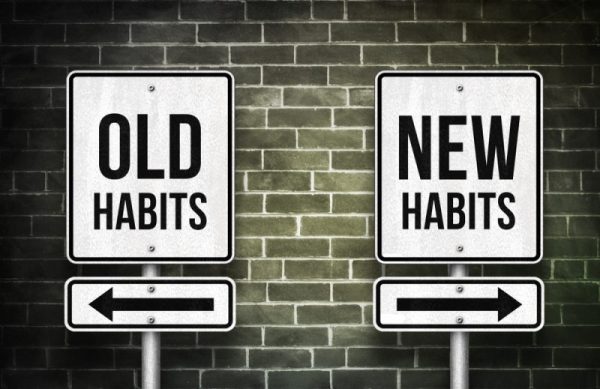
What is Behaviorism?
Behaviorism is the basis of behavior therapy, which describes mental health issues resulting from learned factors from a person's environment. It is essential to learn about the relationship between behavior and feelings.
- Author:
- Devin Merriman
- Date:
- July 27 2023
The two principles of behaviorism that helped create behavior therapy are operant and classical conditioning, which is either reinforcement or association that produces the learned behavior. As stated in Theories of Counseling and Psychotherapy, written by ElsieJones-Smith, "The ultimate goal of behavior therapy is to usually increase engagement in positive or socially reinforcing behavior and to decrease or eliminate unwanted or maladaptive behaviors" (Jones-Smith, 2021, pp. 88-89). As humans, being rewarded encourages us to continue that behavior, whereas, with punishment or no reinforcement, we are more likely to stop doing that behavior. Being aware of this phenomenon means discovering which reinforcers are best for your needs.
A good technique that behavior therapists use is replacing learned maladaptive behaviors with new behaviors that are adaptive. If you struggle with anxiety, a solid starting point in therapy is to identify when the anxiety first began, how often it occurs, how debilitating and overwhelming it can be, what you think about your anxiety, past coping mechanisms, etc. Jones-Smith suggests it is beneficial to "work on identified goals, revising them as the need arises" (Jones-Smith, 2021, p. 101). From here, you can create a plan, carry it out, and achieve your goals. For example, if you experience anxiety about going to new places like stores, restaurants, or public places, it would be beneficial to understand when and why this behavior started. Then you can create a plan to unlearn the anxiety surrounding going to these new places and replace it with a new habit. The plan could include meditation techniques, coping strategies like using a cold towel on your forehead or snapping an elastic on your wrist, simple breathing techniques, or exposure to anxiety-provoking settings to create relief. Suppose you do this successfully. In that case, you may notice when the anxiety regarding going to a new place begins and be able to do another learned, adaptive behavior instead of letting the anxiety take over and hinder you from achieving your goal of going to these new places.
Encouragement, resilience, and patience are critical in achieving your goals regarding the behavior you might want to change. Learning to replace these maladaptive behaviors with adaptive ones is the most reliable way to achieve success. You can also reflect on why and how these changes in behavior work, specifically regarding your circumstances. Since we know that you learn behavior through reinforcement and reward, a good practice to use is to complement even the small steps toward achieving a goal.
Are you ready to take the journey?
Take the journey and find your nature guide.


